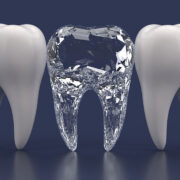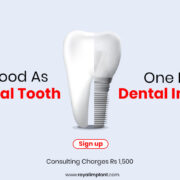Many people consider losing teeth as just a part of getting old. In fact, by the time the average Indian reaches 50 years of age, they’ve lost at least 7 to 10 teeth. One report says that over 25% of adults from 65 to 74 have lost all their teeth. Another survey reported that the average person in the same group has about 10 teeth remaining. Fortunately, those are just averages. Many individuals make it to 90 years or more with a full set of undamaged permanent teeth. What’s their secret? Is tooth loss really just a part of getting old, or can it be avoided? Do you know how old your teeth should be? Keep reading to find out what the maximum and minimum age for teeth are!
What is the maximum age for permanent teeth?
Human teeth have a lifespan of about 100 years. This means that if you take great care of them, you should be able to use them for the rest of your life – provided that nothing goes wrong. When the age of a tooth exceeds 50 years, it usually means that the tooth has experienced some level of damage. While the exact age at which a tooth becomes too old depends on several factors, it’s generally accepted that teeth start to become too old between the ages of 35 and 50.

What is the minimum age for teeth?
The youngest age at which teeth can appear and be healthy is 6 years. This is the age at which your child’s teeth will first appear. What is the minimum age for teeth? Teeth that are younger than 6 years of age are often called “baby teeth” or “deciduous teeth.” These teeth are usually smaller, softer, and more prone to infection than adult teeth. Deciduous teeth usually fall out naturally between 6 and 12 years. The timing and order of baby teeth falling out and permanent teeth coming in varies from person to person, so you will want to talk to your dentist about your specific situation.
What age do permanent teeth come in?
Between the ages of about 6 and 7 years, the primary teeth start to shed and the permanent teeth begin to come through. By the age of about 21 years, the average person has 32 permanent teeth – 16 in the upper jaw and 16 in the lower jaw. By about age 12 or 13, most kids have lost all of their baby teeth and have a full set of permanent teeth.
As age increases, certain dental circumstances come into play. You might experience gum recession, a common issue with increased age. Another development is dry mouth, a side effect of over 500 different medications used to treat things like asthma, high blood pressure or cholesterol, and even depression. Dry mouth often leads to tooth decay, since saliva contains important minerals for rebuilding the tooth enamel. That’s why it’s important to let your dentist know what medications you are currently taking.
Is the age of your natural permanent teeth too old?
If your teeth have been damaged by periodontal disease, cavities, or trauma, they have probably surpassed their age. If a tooth has been restored by a dental procedure, it may also have reached its maximum age. How do you know if your teeth are too old? You can check the state of your teeth at home by conducting a thorough self-examination.
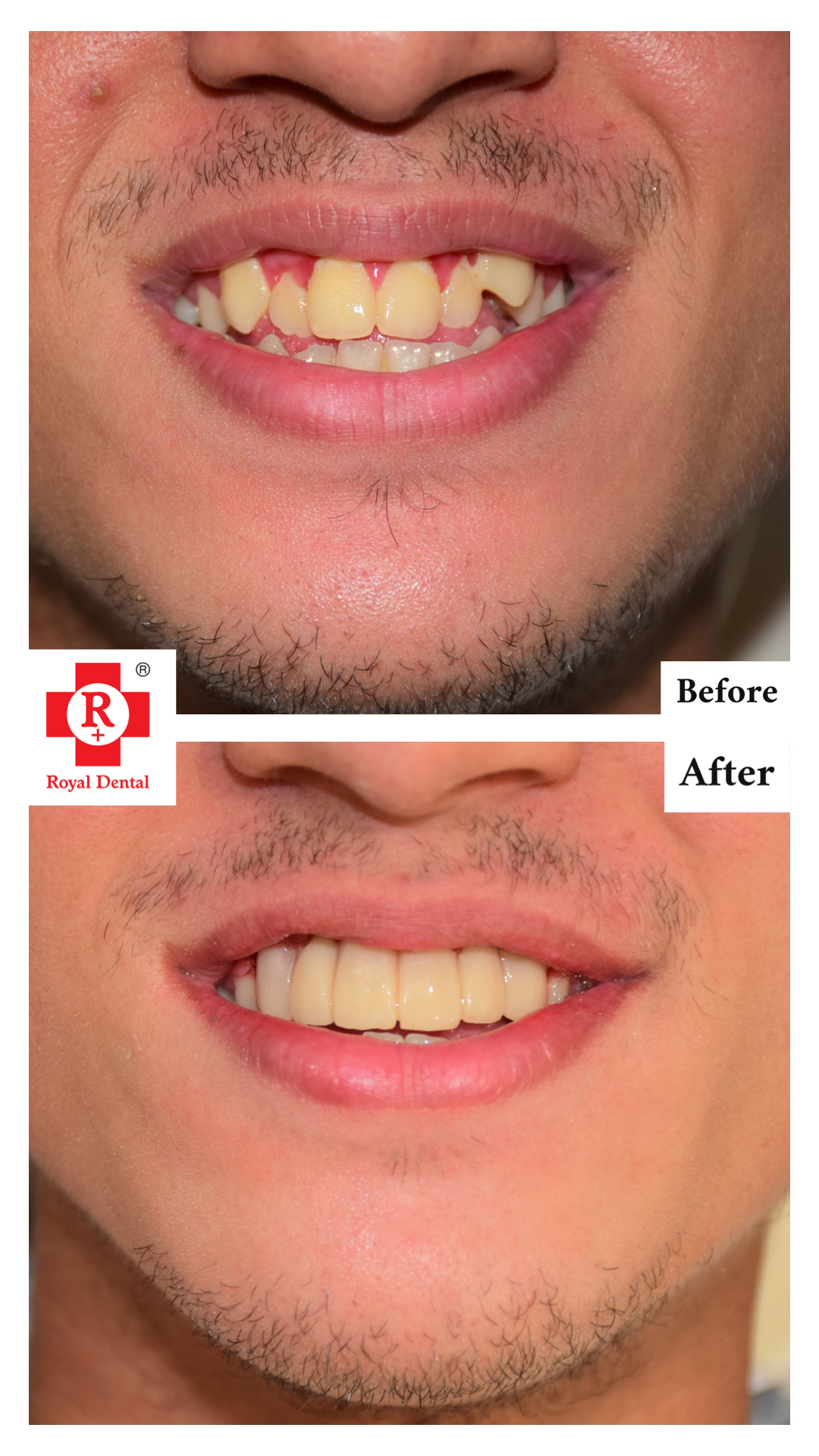
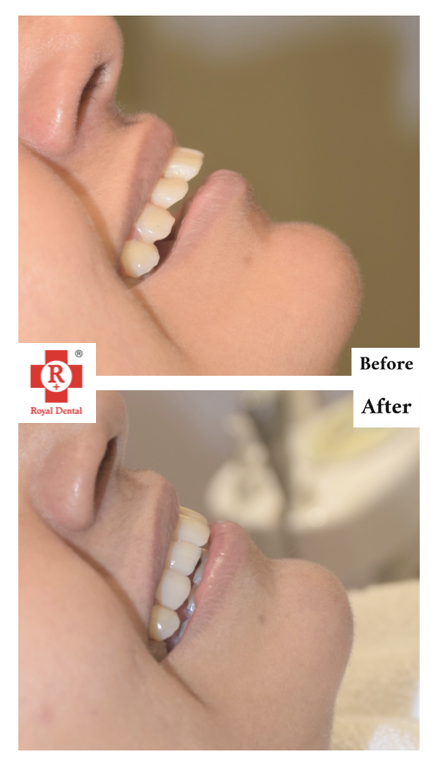
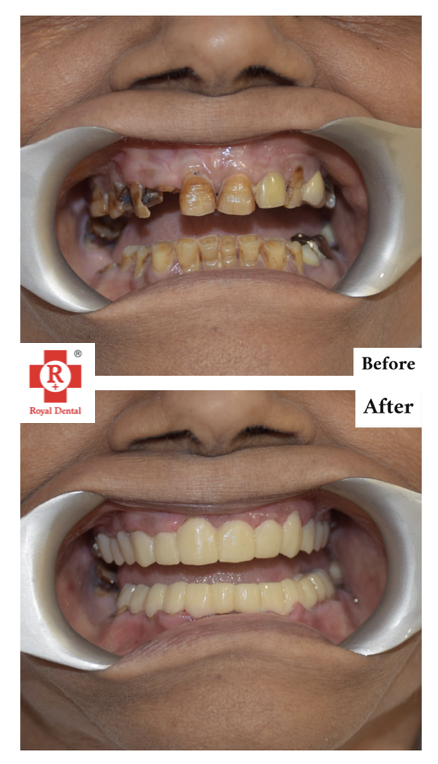
Place your hand on the roof of your mouth, and feel along the gum line in both directions until you reach the first tooth. You should be able to feel the gum line, which is the tissue that protects your teeth. If you notice that there is a gap between your gum line and the tooth, there is probably a tooth that is too old. This is a sign that you may need to see a dentist
How do you know if your teeth are too young?
Teeth that are too young may be deciduous teeth or teeth that are still forming. How do you know if your teeth are too young? Teeth that are still forming might be too young to be used for certain dental procedures such as fillings or crowns. Teeth that are still developing may also have a higher risk of infection. You may be able to tell that your teeth are too young if they are sensitive or painful to the touch. If you are unsure, you can always consult your dentist
Conclusion
When it comes to the maximum and minimum age for teeth, the most important thing is to take care of your teeth. This will help them last as long as possible and will make it easier to maintain your oral health as you age. In addition to brushing and flossing regularly, you may also want to consider keeping your teeth maintained by visiting your dentist regularly.


